Everyone knows siloed organizations carry a high level of risk in terms of productivity, innovation, agility and overall employee satisfaction. It’s just not always clear just how big of a problem it is.
For our Productivity Drain Research Report 2021, we analyzed the behavior and attitudes of more than 1,000 people working in office environments in the United States, Germany and Switzerland. What we discovered was that expanding knowledge and collaboration silos are making it harder than ever for employees in large organizations to find the answers they need.
This is causing serious problems for businesses, as the extra hours employees spend searching for information are estimated to cost them millions of dollars every year. It is also having a significant negative impact on employees themselves, as they have to spend hours a week carrying out tedious – and often fruitless – information searches rather than engaging in productive work. In addition, siloed working can harm employee satisfaction and wellbeing, by making it more difficult for people to innovate, collaborate and share their hard-earned knowledge with others.
So, what exactly is the silo mentality and how can organizations overcome it?
Sharing (and not sharing) knowledge in large organizations
Finding answers to questions is easy when you’re a 10-person startup. You just walk over to the person responsible for the issue and ask. As organizations grow bigger, however, the knowledge within them gets more widely distributed. The person you need to speak to is no longer sitting opposite you. They are sitting in another department, another office, another country (and, more likely than not, you don’t even know which department, office or country it is).
In an ideal world, this would provide impetus for a healthy collaboration culture, with colleagues routinely reaching out across physical and mental boundaries to get the information they need. In reality, the opposite seems to be true.
Only 65% of respondents said their ability to ask questions and share knowledge with people in other departments was “excellent” or “good”.
Our research revealed that, while employees are happy to reach out to colleagues within their existing networks, their willingness and ability to collaborate drops significantly when the information they need resides in another department or region. 27% of respondents told us that they sometimes have to contact multiple people before knowing who to ask. 14% said that, even if they do know who to ask, they don’t feel comfortable reaching out to certain people within the organization.
Perhaps surprisingly, the reluctance to approach people increases the further up the organization you go, with 27% of those at C-suite level agreeing that they would feel uncomfortable reaching out. Breaking down knowledge silos, therefore, is not simply about making it easier for people to connect. It may also be about giving employees the opportunity to ask questions and access information anonymously, without having to worry about how their lack of knowledge will be perceived by others in the organization.
Where are the knowledge silos in your business?
All silos are bad for knowledge sharing. But not all silos are the same. Some are cultural. Some are geographical. Some are hierarchical. Some are functional. Your organization may suffer from one kind of silo mentality more than another. For your competitors, the opposite may be true.
Our research sheds new light on the different types of knowledge silos that exist today and the extent to which they are a problem. Of the people we spoke to:
- 41% reported knowledge silos between departments
- 39% between levels of seniority
- 36% between different locations
- 32% between remote workers and office workers
- 29% between teams within the same department.
Silo mentality is growing stronger, not weaker
The pandemic has accelerated an already growing shift towards remote and hybrid working. According to a recent survey from Enterprise Technology Research (ETR), the percentage of workers permanently working from home is expected to double in 2021. Will the rise in out-of-office working be good news or bad news for employee knowledge sharing?
It is tempting to think that the move to a virtual environment would have made collaboration across departments and geographies easier than before. Unfortunately, our findings suggest otherwise, with 65% of respondents telling us that remote and hybrid working has made collaboration more complex and 55% saying that there are more knowledge silos in their virtual workplace compared to their physical office.
What’s the solution?
One of the main reasons why silos emerge and are perpetuated is because, in most organizations, it is not easy to share knowledge across departments, geographies and hierarchies. If the information they are searching for resides outside their immediate team, it can be very difficult for employees to identify who they need to reach out to. If the person with answers is at a more senior level, they may not want to ask for fear of disturbing them or in case their question appears trivial or silly.
Ordinary collaboration platforms do not solve the problem because, while they are very good at enabling team members to connect with each other, they are not designed to help employees identify who has the most knowledge on a specific topic if that person is outside their immediate network. Organizations that are serious about breaking down silos will therefore need to adopt a “knowledge collaboration” platform such as Starmind, which connects workers to colleagues with answers across geographical, hierarchical and cultural boundaries and, in doing so, boosts productivity, fosters collaboration and innovation, and helps to improve employee satisfaction and wellbeing.
Download our full Productivity Drain Research Report to learn more about the silo mentality and how a human-centric AI-powered knowledge collaboration platform can help you increase trust, collaboration and knowledge sharing across your organization.





